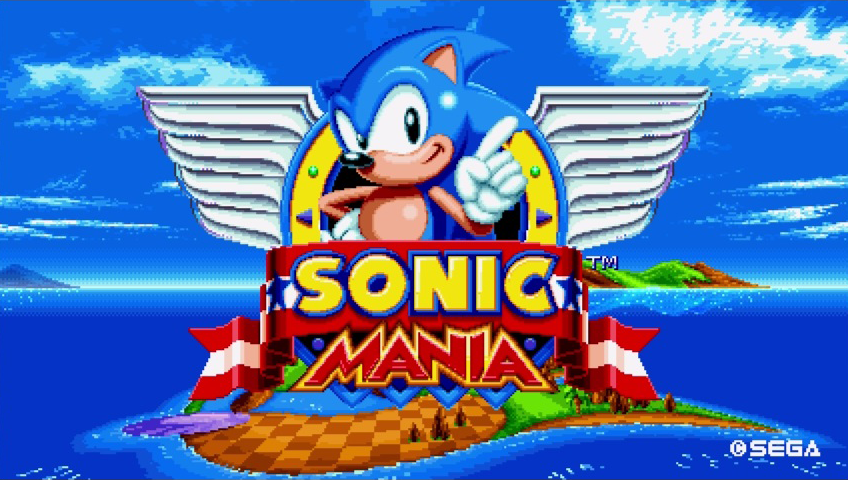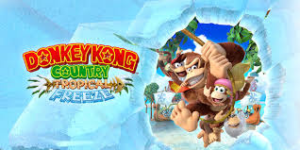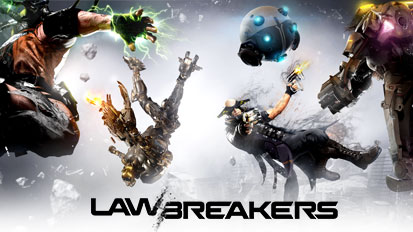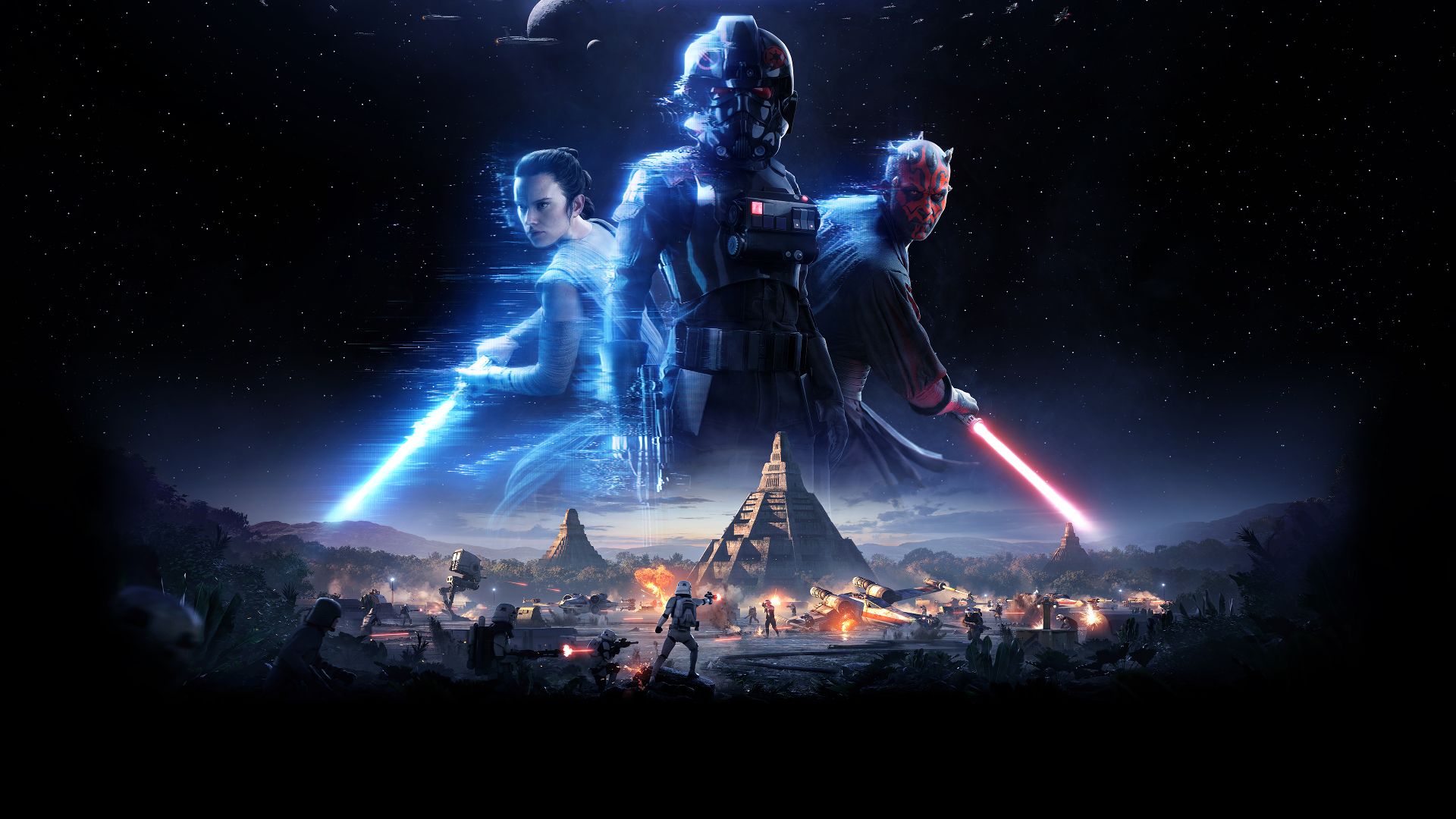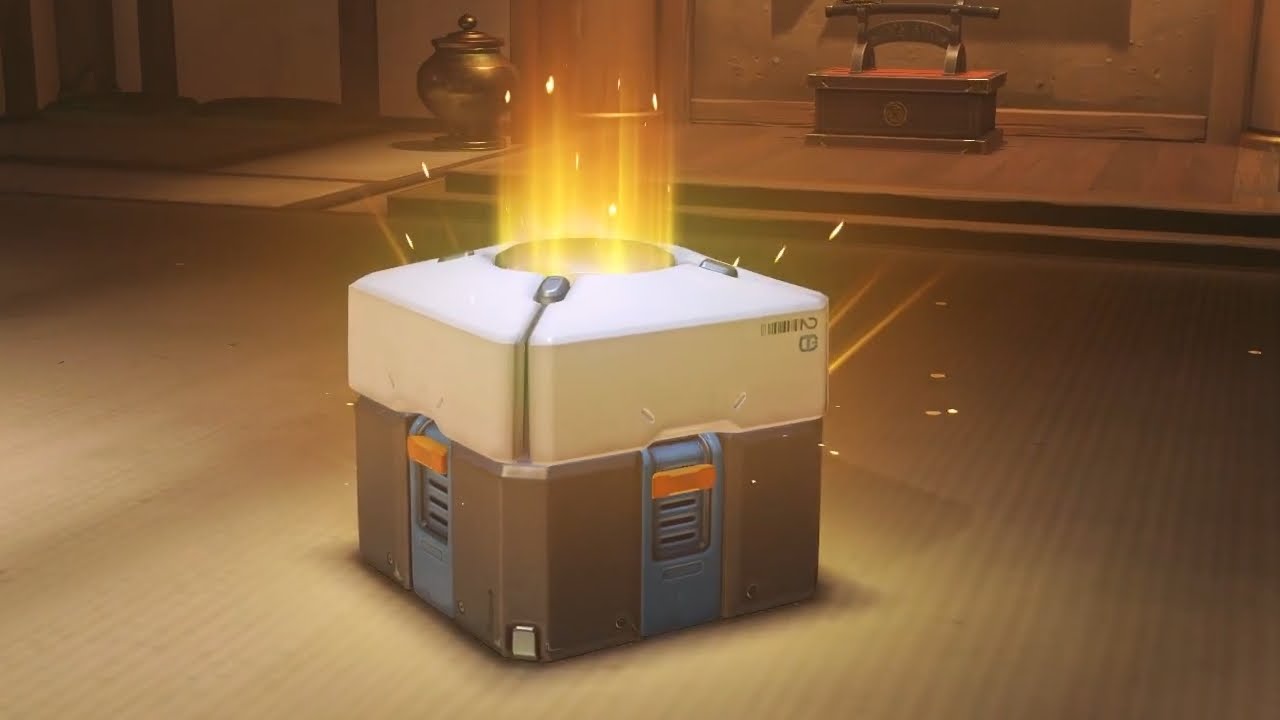2018 is here, and I’m tired of the problems that companies present. A lot of them can just be sorted easily, so here are some resolutions for them all.

STEAM
I’m opening with Steam for the simple reason that as a platform it has the most work to do to change.
Firstly they need to kill off Steam Direct and start using actual staff for curation and in turn solve the highlighted problem of visibility for games, and the use of asset flips. Any platform should not be receiving 6000 games in 10 months, let alone in a few years.
Secondly, in addition to curation of games, actual customer service will be a must. They have some customer like refunds, though it has been proven that is a bit lax, and even with that they still lag behind in terms of actual customer service communication, with some queries being fast, and some taking days or weeks. This is an area any platform needs to get right and with the rise of third-party related issues, this has to be addressed.
For Steam in general, it mostly comes down to manpower and recapturing that desire to evolve the PC gaming space, however as the dominant platform in that sector, it’s unlikely at this stage unless something overtakes them.

THIRD PARTIES
So this is a big one. Perhaps the most shocking thing in 2017 outside of how good the games were in general, was how far third parties fell almost simultaneously.
Micro-transactions and lootboxes do indeed have a place in the games industry, however, it most certainly is not in full priced games, and absolutely not for progression or gameplay advantages. A pay to win structure doesn’t work in full price games. If the game was free then sure, there is your monetisation, but with already heavy season passes, full price games and additional DLC, it has become a bit ludicrous.
Secondly, PR! Perhaps Bungie has been the biggest culprit of this but that’s not the exception in recent months. Destiny 2 became an apology loop with each update and fixes for basic things, or things that should have been improved from the original game, were purely reactionary to backlash. Further to that point, EA has truly put their foot in it, with the contempt aimed at gamers being duly noted.
Finally, third parties in this coming year need to stick by what they say, and stop treating gamers like fools. Bandai-Namco and their “Show your support and maybe” approach to getting people to advertise their games for the promise of a Switch port is one thing, when done numerous times, but then the obvious tomfoolery from other companies beggars belief. 2017 was very much the year when the community bit back. Let’s hope they reflect on it.

PLAYSTATION
PlayStation is in a tricky spot. On one hand they have almost monopolised the industry, with sales left and right. One thing they need to do is keep the games coming and keep dropping fan favourites but also not lean on remasters too hard. Additionally, they need to avoid a repeat of 2016 and front loading all their first party titles.
Next, VR. 2 million sales is nice but the asking price combined with the price of a PS4 demands killer apps. Those killer apps need to come sooner rather than later, otherwise the market will stagnate. VR has a bright future, once revised and refined, but it needs to sell on concept first, and the concept needs big hitters. The catch is Sony isn’t known for supporting two platforms equally.
Next is doing what fans want. We want cross-platform play. Every other system has it. We want backwards compatibility of higher quality and frequency than we have had for the past few years. These are areas that Sony is being left behind in, and as much as they want it to be all service based in future, I don’t think other industries and infrastructures are ready yet.
Finally, don’t announce games so early anymore. The “Holy Trinity” of E3 2015 has only had one release so far and the other two are vaporware. God of War STILL doesn’t have a release date, and Spider-Man is likely to show up for the third E3 in a row. Further to this, don’t go to so many conferences, at least not within 6 months of each other. Spread them out, otherwise we end up with PSX 2017 being a repeat of Paris Games Week which was a repeat of E3, which was a repeat of the last E3.
Oh, and put a better damn battery in that controller. It’s laughable.

XBOX
This is tricky. On one hand, hardware wise, Xbox is fine for now. The One X is the enthusiast machine and the One S can live as a UHD Blu-Ray and streaming box. One thing it lacks is games.
It gets a bevy of third-party releases, but first party is terribly lacking. Most releases were pushed to 2018, but even then you can count them on one hand. I fully hope HALO 6 is a 2018 announcement at the very least. This is an area they need to heavily work on.
Second is Japanese games. Sure the brand isn’t big….at all…in Japan, but it will help reach a greater audience that the PS4 and Switch hit. As it stands Xbox is very much a Western device, and that’s its weakness.
Backwards compatibility needs to continue as is, as does pushing cross-play across platforms alongside developers and Nintendo. The PC support via Windows Store is nice and it is clear the future of Xbox is a service over a dedicated box on its own, but the focus cannot shift too far from selling consoles.
Stop shutting studios and show off that fabled (HA) AR/VR gadget you’ve got going on.

NINTENDO
So what can Nintendo do after an incredible 2017? A few things.
Firstly, mobile. Keep going as is, with not at all invasive monetisation (Seriously, Fire Emblem Heroes is VERY generous!) and two or three games a year. The view that the revenue is funnelled into game development and the games exist as an entry point to the main games is genius and seems to be working well.
Secondly, Directs. Keep the current format for Nintendo Directs and their frequency. These are amazing ways to communicate with consumers and get news out fast and in great volume. Sprinkle some Nindie Showcases and game specific presentations in the year, and the communication front is set.
On to Nindies: Don’t stop. Maybe rework the eShop for visibility purposes but keep those indies coming. The sales don’t lie and nor does the consumer response: Switch is an indie dream machine and in the wake of PlayStation apathy and Steam being a mess, this can be readily positioned as the new home for indie developers.
Regarding services, outline the Online Service at some point during the year, it’s feature set, and other aspects like the free games and discounts and such. I won’t expect Xbox Live levels of incredible, but enough to justify £20 a year. If you are feeling generous, maybe a Virtual Console service? Though that has in past damaged eShop sales for indies, so maybe stick with the Classic Mini systems instead, with an N64 one this year?
Get more third parties on board and if need to, keep paying them for games. The shining hopes are there with DOOM, Skyrim and soon Wolfenstein, as well as L.A Noire proving a hit. Now is the time to pick up steam. Ports of older games get a new lease of life and modern games can run with some effort. So bolster that library.
First party releases need to maintain speed, and the big game a month approach also should maintain. One or two months without works fine, those typically end up being third-party dominated months like November, so work around that.
Finally, slowly phase out 3DS. As I have mentioned before it is a budget option now, and with smaller titles, localizations and third-party efforts coming in 2018, it’s time to let it simmer and slowly phase out.
Maybe a Switch price cut too, towards the end of the year? That’d be cool!
And those are some gaming resolutions and a to-do list for companies this year. May we hope they all come true. Some will, as some are safe bets, others are merely hopes and wishes. If you liked this article, give it a share on the social medias, and I will see you next time! Happy Gaming!
